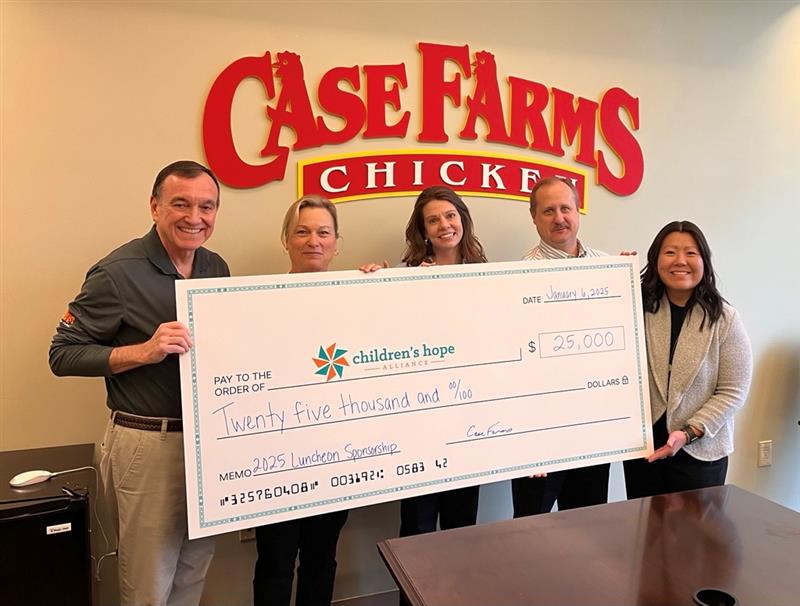Many teenagers who enter the foster care system have been exposed to trauma in one form or another. According to a study published in 2012, the majority of teenagers in foster care report experiencing or witnessing at least one traumatic event before placement.
Being exposed to traumatic events can lead to post-traumatic stress disorder (PTSD), which is a mental health condition that can occur after a traumatic event. If not addressed, PTSD can significantly affect their emotional and psychological development throughout their lives.
What Causes Post-traumatic Stress Disorder (PTSD)?
While not all teenagers exposed to trauma will develop posttraumatic stress, many do. According to the National Center for PTSD, approximately 15 to 43 percent of girls and boys will experience at least one traumatic situation during their youth. One to six percent of these children will develop posttraumatic stress disorder after experiencing a traumatic event. These children may have experienced a wide variety of traumatic events. Events that trigger PTSD are typically harmful and life-threatening situations. Some of the most prevalent traumatic events a teenager may experience include:
● Automobile crashes
● Rape or sexual assault
● Abuse or bullying behavior from caretakers or peers
● Witnessing domestic violence
● Kidnapping or being held against their will
● Experiencing a violent assault
● Surviving a school or mass shooting
● Terroristic attacks
● Witnessing people getting hurt or killed
● Surviving a natural disaster
● Losing a loved one
● Being diagnosed with a life-altering condition
While this list is not complete, these are the most common situations that result in posttraumatic stress. Not every child will experience these events in the same way. According to the National Institute of Mental Health, factors that increase the risk of developing posttraumatic stress disorder include a history of childhood trauma, lack of a support system, and having a personal or genetic history of mental illness.
Symptoms of PTSD in Teens
A teen’s worldview changes dramatically after experiencing a traumatic event. As a result, they may start to experience specific symptoms. According to the National Institute of Health, symptom onset usually occurs within three months of the event. However, some teenagers may not experience any symptoms for several years. Caregivers who are aware their teenager has experienced trauma should look out for the following signs:
● They seem nervous or startle more easily
● They no longer enjoy activities they love
● Avoidance of specific things which remind them of the event
● They have flashbacks of the event
● Difficulty making decisions
● Self-harming behaviors like cutting
● They experience frequent nightmares or trouble sleeping
● Feeling lonely and isolated
● Engaging in risky, dangerous behavior
● Illicit drug or alcohol use
Not every teenager experiences every symptom on this list. However, if you notice these changes in their behavior, you should reach out to a counselor and get them professional help.
How PTSD Affects Emotional Functioning in Teens
Posttraumatic stress negatively impacts all areas of a teenager’s life. Because most of their cognitive functioning goes towards combating the negative symptoms they face, untreated posttraumatic stress disorder’s emotional and psychological impacts are particularly significant.
● Academic problems – Their grades may start to suffer due to an inability to focus and
think abstractly.
● Social problems – They may withdraw or experience sudden bouts of anger, negatively
affecting their relationships with family members and peers.
● Risky behaviors – PTSD can cause teens to engage in risky behavior such as reckless
driving, unsafe sexual practices, and poor self-care. These behaviors may also increase
their chances of injury, which can have lifelong consequences.
● Depression and other mental health problems – An inability to manage and identify
their emotions can cause a teenager to internalize stress reactions and may also lead to
depression and suicidal thoughts.
Can PTSD Affect Teens Physically?
While posttraumatic stress causes emotional and psychological issues, there are physiological implications too. When a teenager experiences elevated levels of stress for a prolonged period, their body produces large amounts of cortisol. If posttraumatic stress is left untreated, these extended periods of stress may elevate their blood pressure to dangerous levels, which causes significant physical issues like hypertension and cardiovascular disease. Additionally, a study conducted in 2009 found there is a possible link between posttraumatic stress disorder and the development of obesity among teenage girls. While more research is necessary to determine an exact connection, this is an example of how psychological stress affects teenagers in many ways.
How to Help Your Teen
If you suspect your foster teen has PTSD, the first thing to do is to get them help. While getting your teenager professional help should be your top priority, there are some other things you can do to help them cope.
#1 Understand PTSD
First, educate yourself about the causes and symptoms of posttraumatic stress disorder. Parents who understand the complexities of this condition can better support their teens while developing effective solutions.
#2 Be Patient
Remain patient with your teenager, especially if they are experiencing a flashback. Flashbacks are scary, and your teenager will feel like they are experiencing that traumatic event all over again. Remind them they are not alone and tell them this several times throughout the day. Try to avoid people, places, or other stimuli which may trigger a flashback and always provide them with unconditional love and support as they try to manage their emotions.
#3 Enable Them to Get Help
It’s important to do what you can to make sure your foster teen gets the help that they need. There are many treatments for PTSD. Talk therapy for posttraumatic stress disorder effectively equips your teen with the tools they need to feel better. While there isn’t a set timeframe for how long treatment takes, many teenagers may start to feel significantly better within a few months. Occasionally, medications are used alongside counseling to help your teen as they work through their treatment program.
#4 Provide Support
Foster parents play an important role when it comes to helping their foster teen heal from PTSD. Research has shown that teens who have support are more likely to fare better when it comes to coping with PTSD. You can play a pivotal role in your foster teen’s recovery by offering love and support as they heal.






